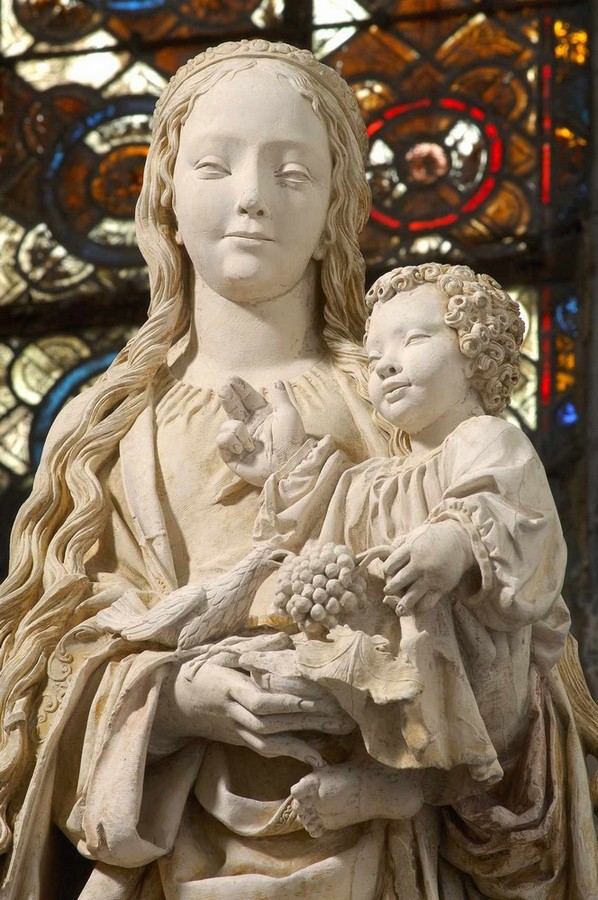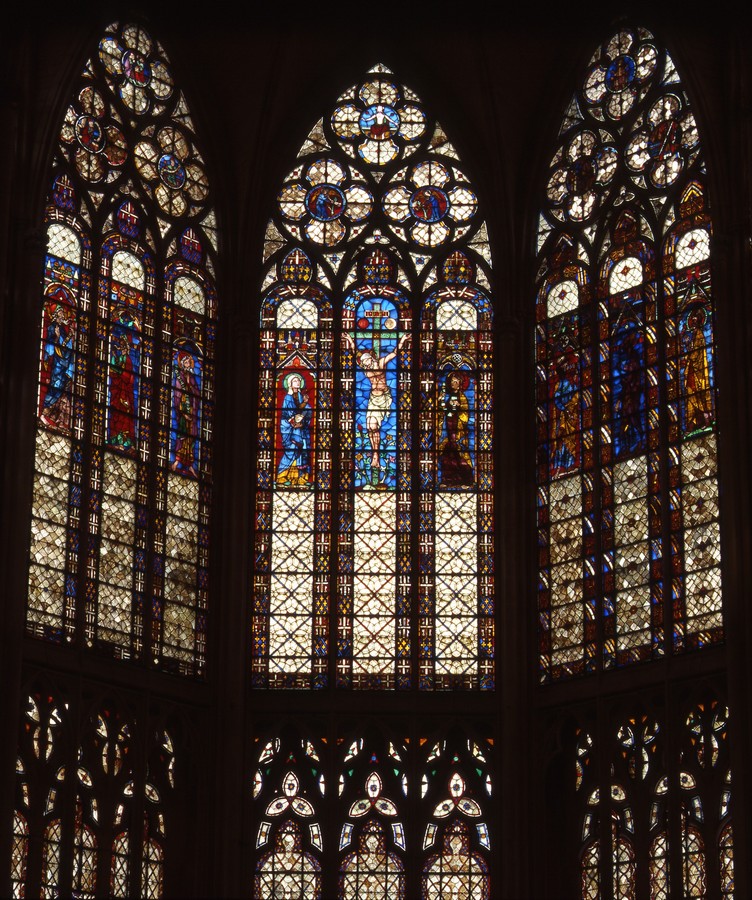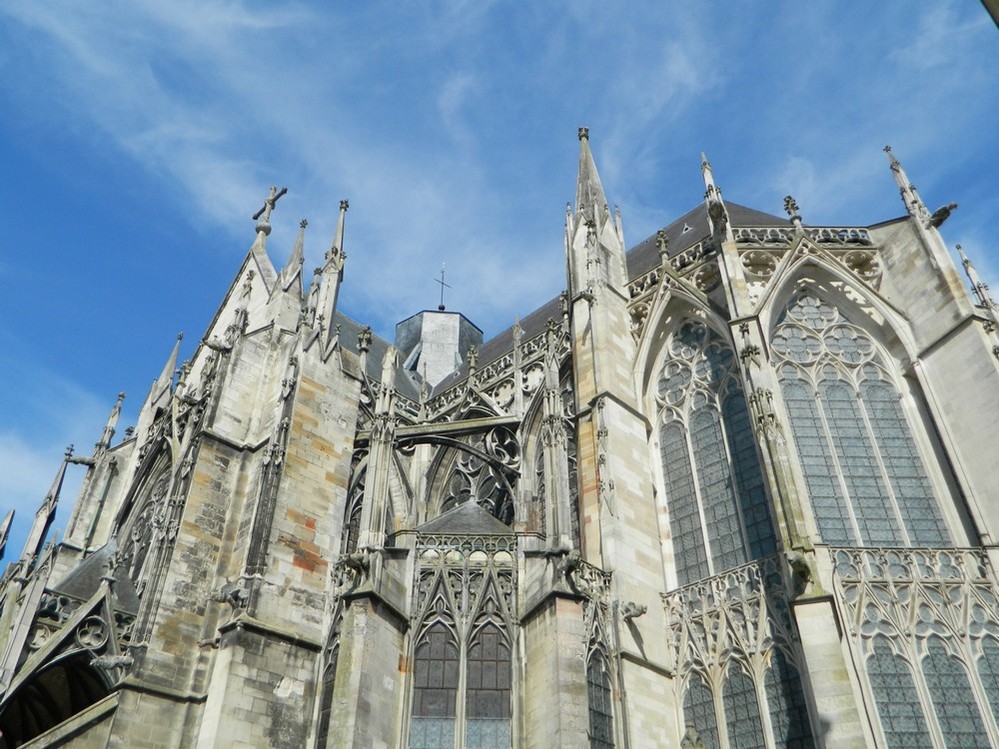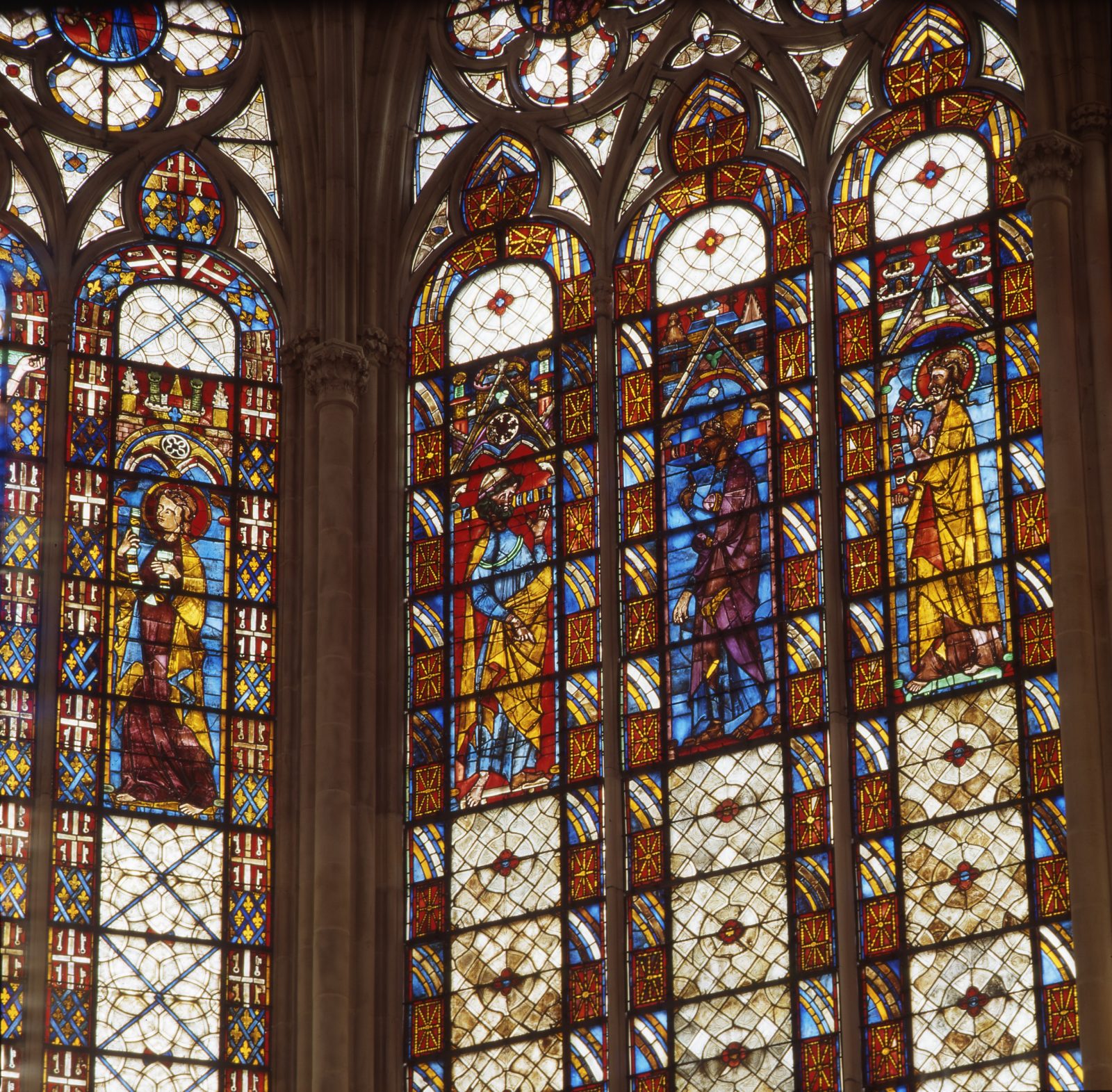About
Consecrated a basilica in 1964, it is a pure jewel of Gothic art.
Few cities in France can boast of having given Christianity a pope. Champagne is the exception, with two pontiffs: Urban II, born in 1042 in Châtillon (Marne), and Urban IV, born in 1185 in Troyes in a house that disappeared to make way for the church of Saint-Urbain.
The future Urban IV was named Jacques Pantaléon. The son of a Troyes cobbler, he studied at the cathedral school, then left to study theology at the Sorbonne (Paris) around 1200. Canon of Langres, archdeacon of Liège and Laon, bishop of Verdun, chaplain to the Vatican and papal legate to Poland, he was appointed Patriarch of Jerusalem in 1255. In 1261, not yet a cardinal, he was elected pope and took the name Urban IV. However, he never settled in Rome: he died and was buried in Perugia's Saint-Laurent cathedral in 1264, although he had vowed to be buried in Troyes in his beloved church.
Pope Urbain IV never forgot his hometown: in 1261, he decided to build a superb collegiate church on the site of his father's former shop. He entrusted its construction to the architect Jean Langlois, and sent him a fabulous sum of money.
Work began immediately, despite fierce opposition from the sisters of Notre-Dame-aux-Nonnains abbey, who were unhappy to see a new church built within their jurisdiction. They even went so far as to beat up the workmen and ransack the building site!
The collegiate church of Saint-Urbain was only consecrated in 1389, still unfinished, and the upper part of the nave was only completed at the end of the 19th century by the architect Selmersheim, respecting the original plan.
A masterpiece of Gothic art, with its superb proportions, stone lacework and immense stained glass windows, Saint-Urbain is known as "the Parthenon of Champagne". The vast portal, covering the entire western part of the building, was completed in 1905, but the tympanum, featuring a magnificent Last Judgement, dates from the 13th century.
As you enter the church, you are struck by its elegance, sobriety and luminosity. The astonishingly light transept and choir have preserved their magnificent original stained glass windows, dating from around 1270 and restored in 1992 by Le Vitrail workshops in Troyes. The statuary is equally admirable, notably the famous Vierge aux Raisins (south aisle chapel), whose delicacy and contemplation are typical of the 16th-century Trojan school.
In 1935, the remains of Urban IV were transferred to the church, which received the title of basilica in 1964.
Opening
Opening from 01 November 2025 to 31 March 2026
Opening from 01 April 2026 to 31 October 2026
Rate
Gratuit
Services
Services
- Guided tours
Activities
- Concert



